Conference Highlights: Peace, Climate Justice, Economic Reform, and Overcoming Polarization
International Conference “Delivering Global Justice” — Hyderabad, April 26, 2025
On the second day of the Delivering Global Justice conference, party leaders, government officials, public intellectuals, and youth leaders from around the world came together to discuss global strategies for peace, inclusion, and justice. Sessions focused on how to counter polarization, accelerate climate action, advance economic equity, and promote shared security and cooperation.
Overcoming Polarization with Pluralism, Diversity and Respect
This panel examined the rise of hate, fear, and division as tools of authoritarian and anti-democratic forces. Speakers discussed how polarization undermines pluralism and increases vulnerability across racial, religious, ethnic, and gender lines. Drawing on shared progressive values, the discussion explored strategies to rebuild trust, social cohesion, and inclusive political dialogue.
Accelerating Climate Justice Commitments
Focusing on the intersection of ecological and social justice, this session explored how progressive policies can drive a just transition. Panelists presented strategies for sustainable energy, climate-resilient infrastructure, and equitable adaptation, emphasizing the need to center vulnerable communities in global climate negotiations.
Economic Justice in Uncertain Times
As global inequalities grow, this session focused on how to promote equitable wealth distribution, enhance social safety nets, and embed justice in economic policymaking.
Forging Peace and Justice
Amid ongoing wars and geopolitical instability, this panel examined the foundations of a new peace agenda. Speakers discussed transitional justice frameworks, reconciliation processes, and strategies for shared security and reconstruction — with a focus on justice as the cornerstone of sustainable peace.
Think Tanks and Political Institutes
This roundtable brought together think tanks, political institutes, and foundations to explore post-conference collaboration. Participants emphasized the importance of joint programmatic work on democracy, multilateralism, foreign policy, social protection, and peace.
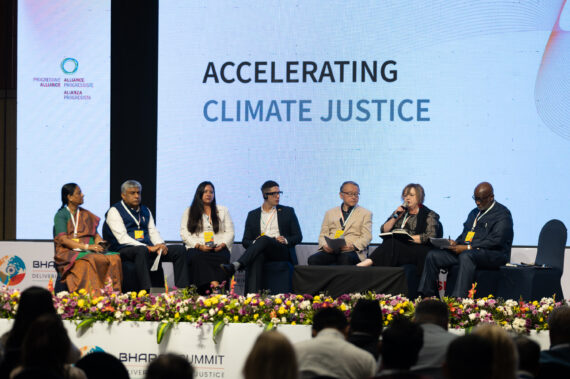
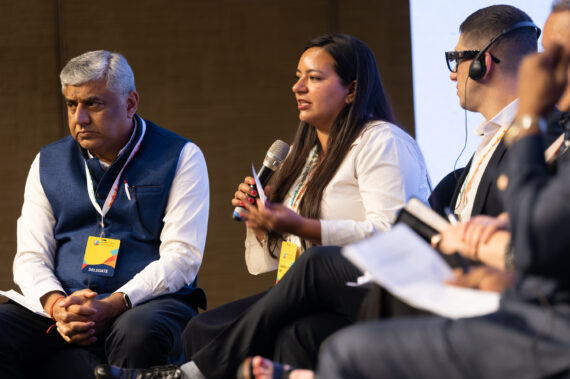
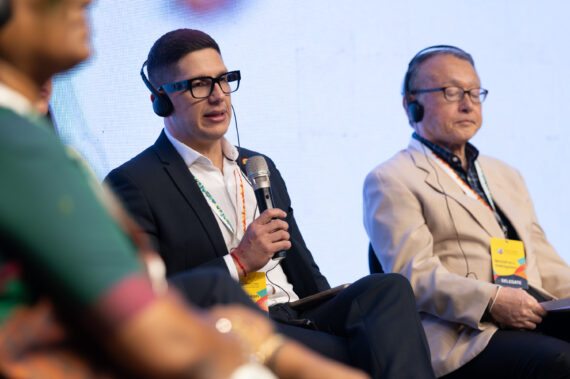
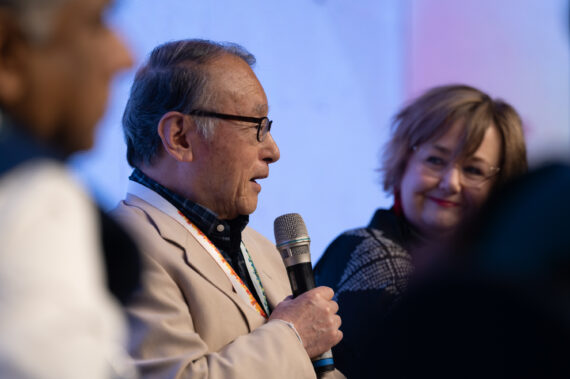
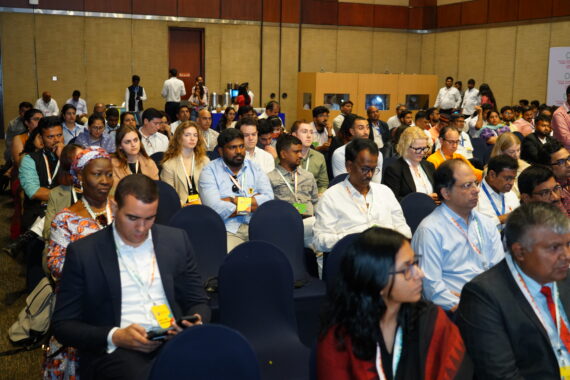
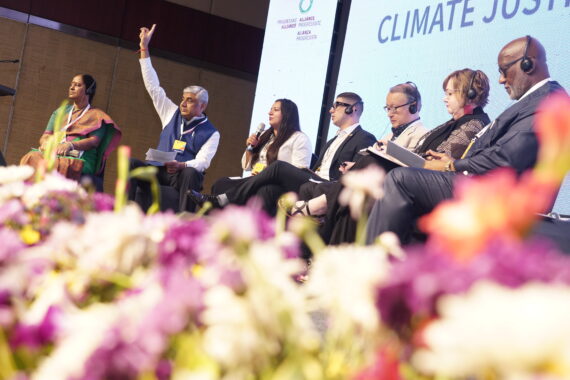
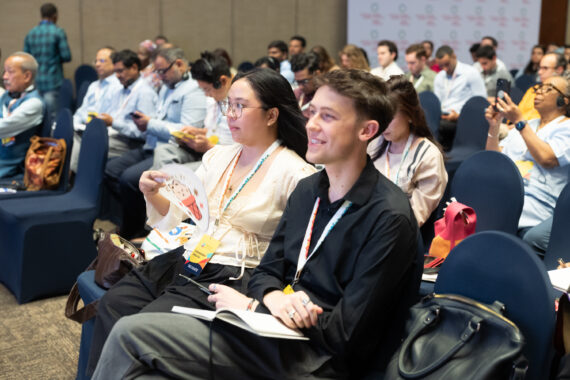
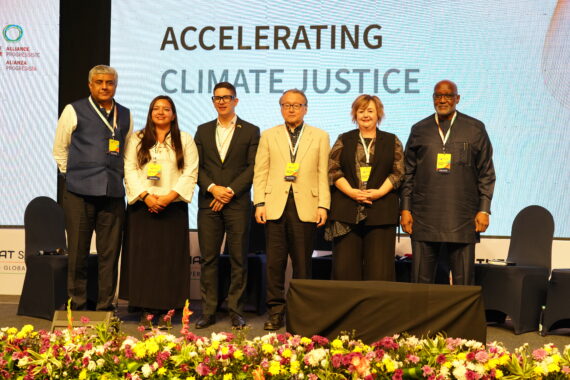
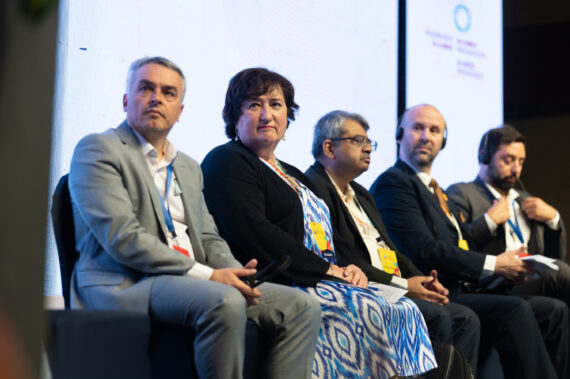
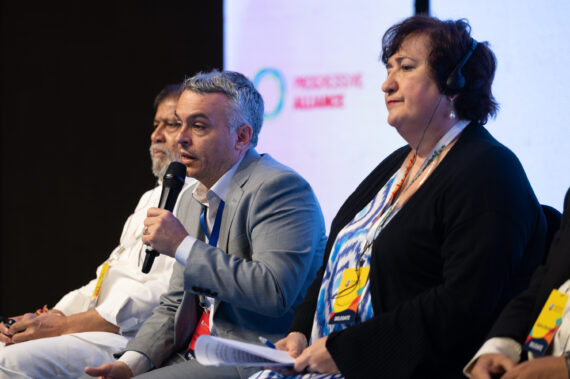
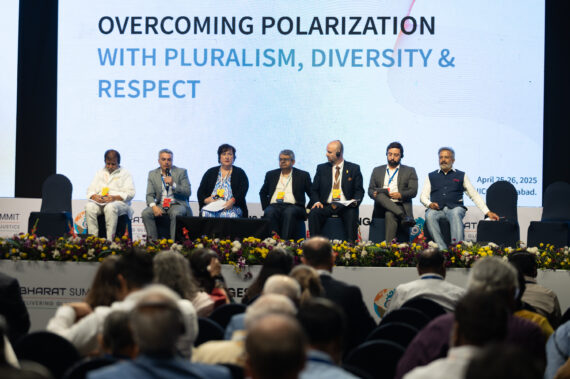
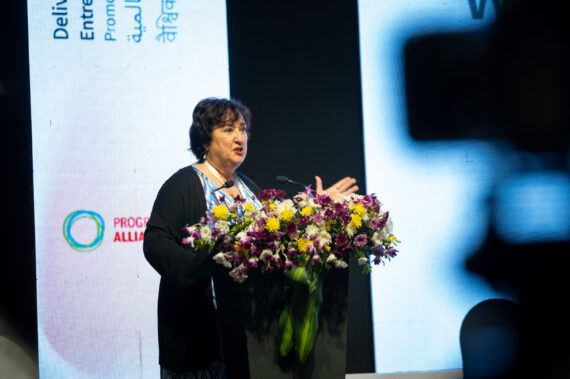
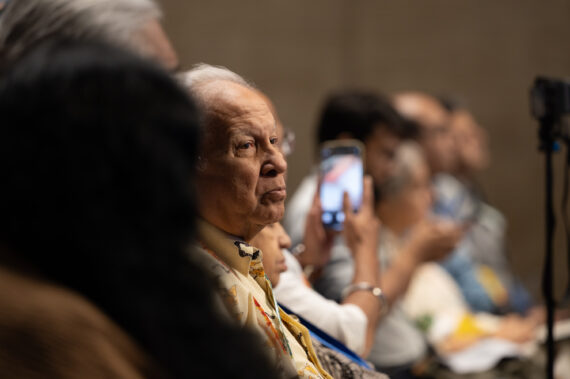
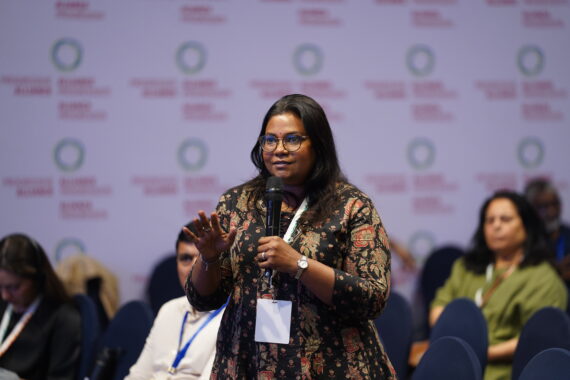
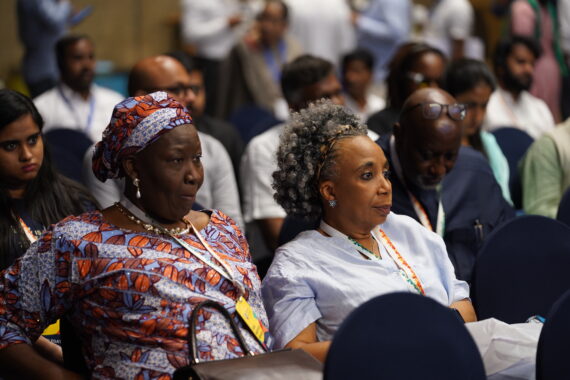
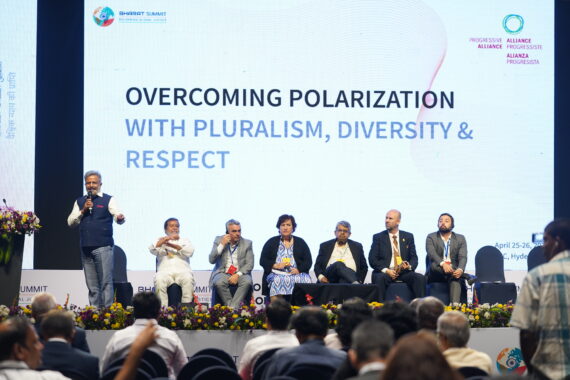
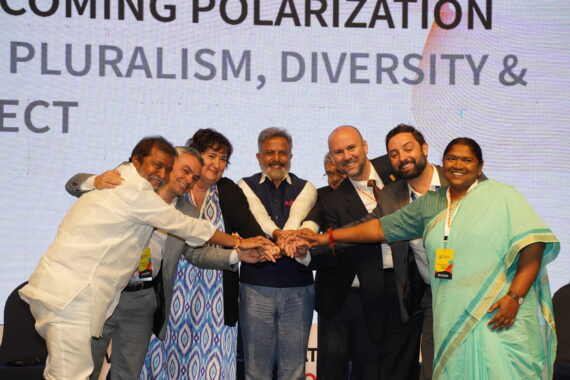
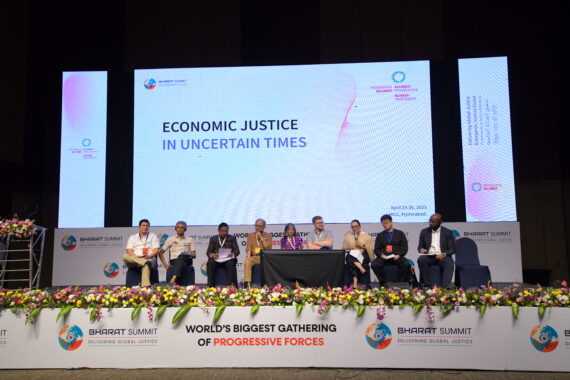
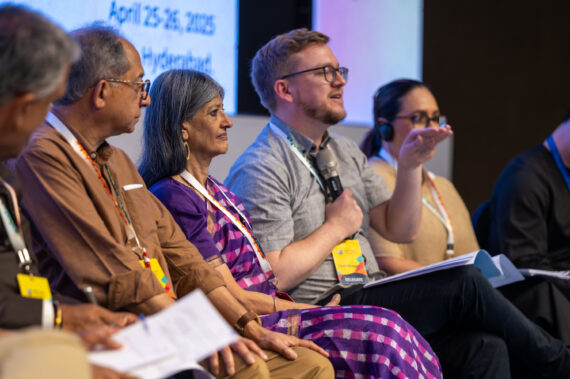
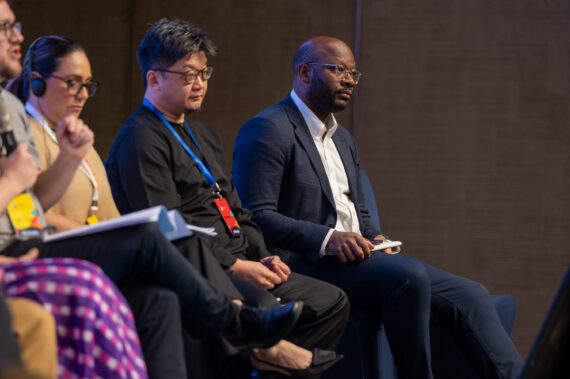
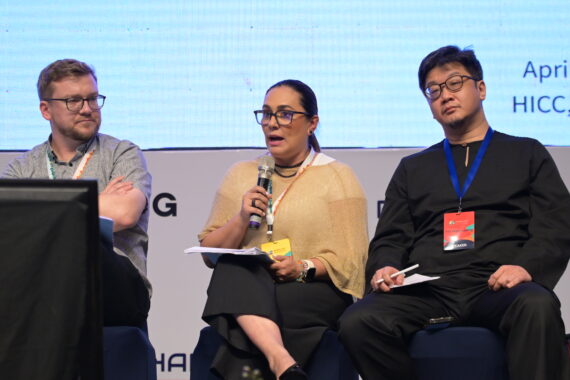
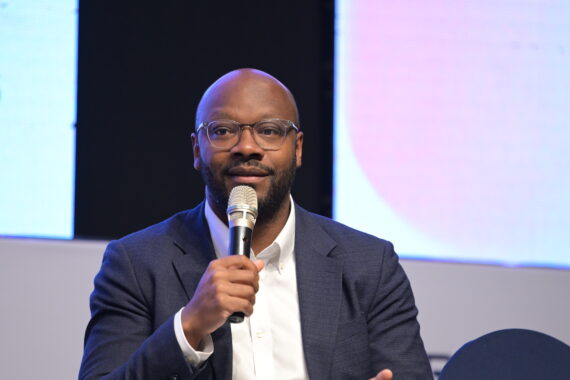
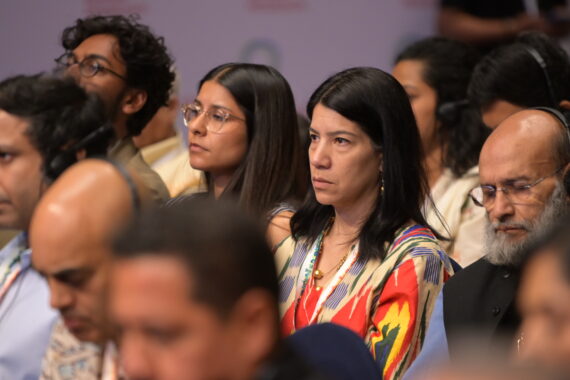
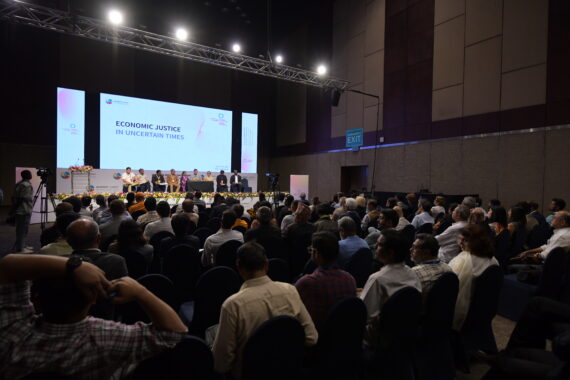
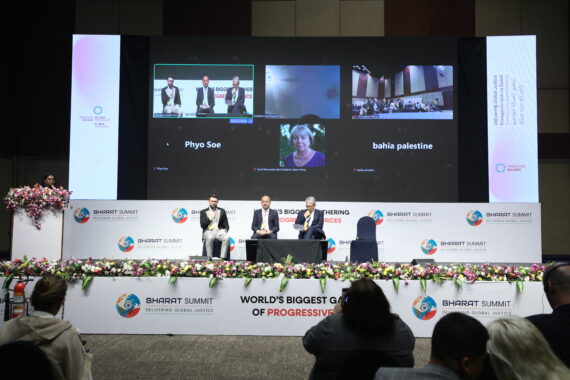
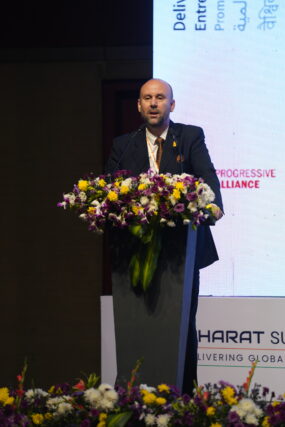
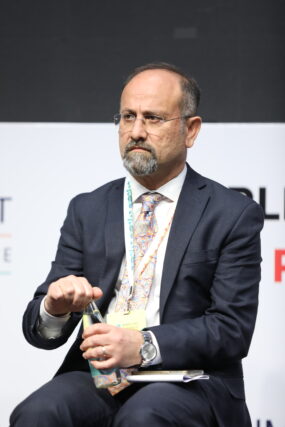
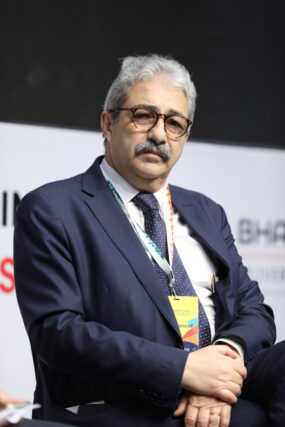
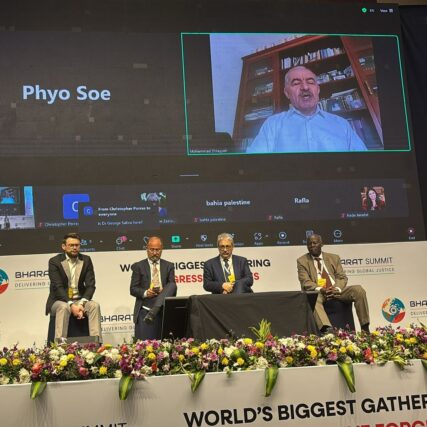
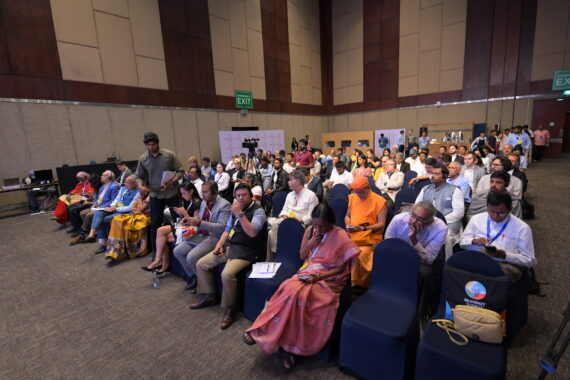
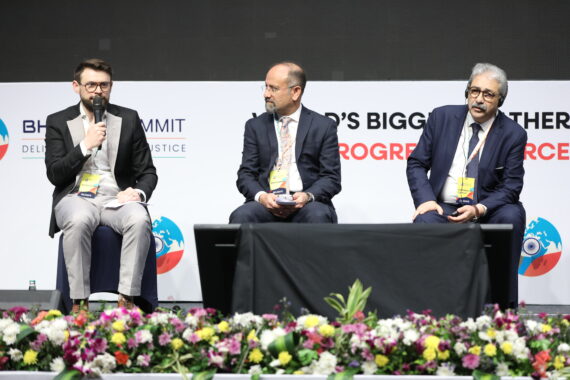
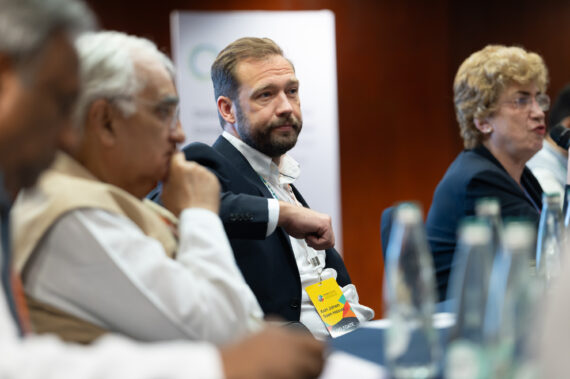
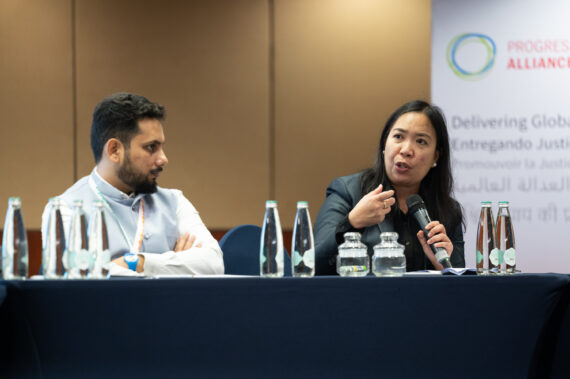
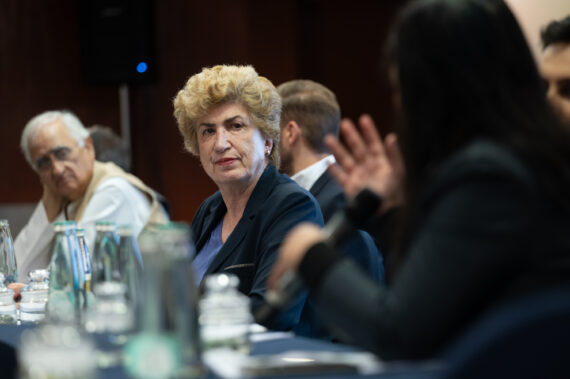
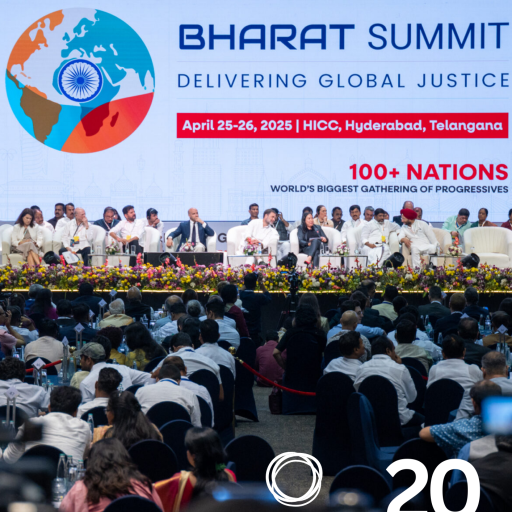
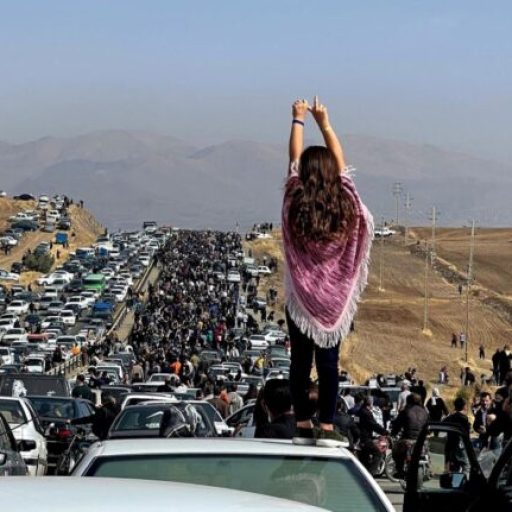
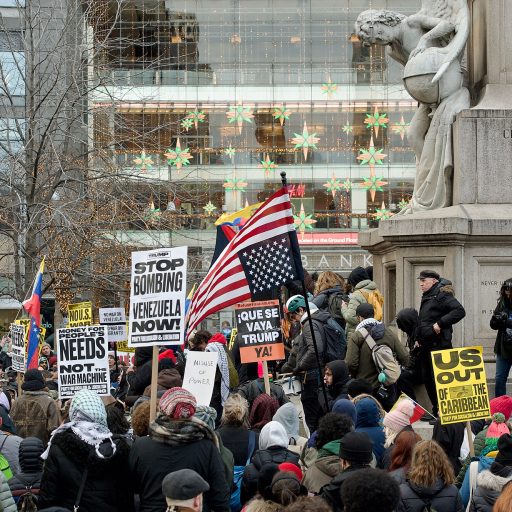

![Headline: Hier bitte das Thema [ Headline] 24.10.25, Lucerne, Switzerland, Progressive Alliance PA women conference](https://progressive-alliance.info/wp-content/uploads/elementor/thumbs/MAW251024mw859033AdobeRGB-scaled-recq0qxu9kb6pncdi2i7wo6ttne03ppnu58zxxdc74.jpg)
![Headline: Hier bitte das Thema [ Headline] 25.10.25, Lucerne, Switzerland, Progressive Alliance PA women conference](https://progressive-alliance.info/wp-content/uploads/elementor/thumbs/MAW251025mw860402AdobeRGB-scaled-recs8kegm3kqlleif2kq512xsjz2qfl3t7kc0t0tts.jpg)